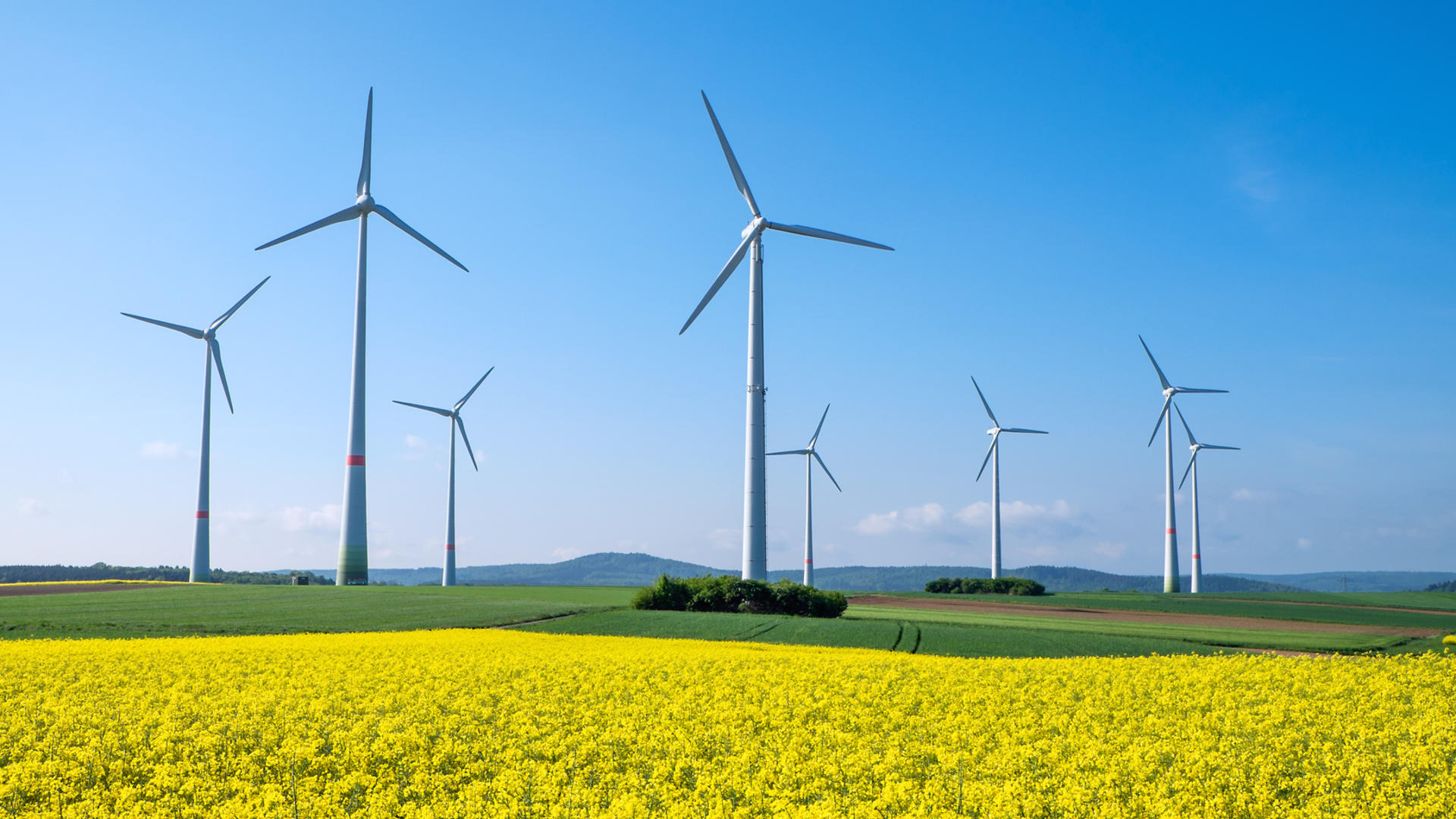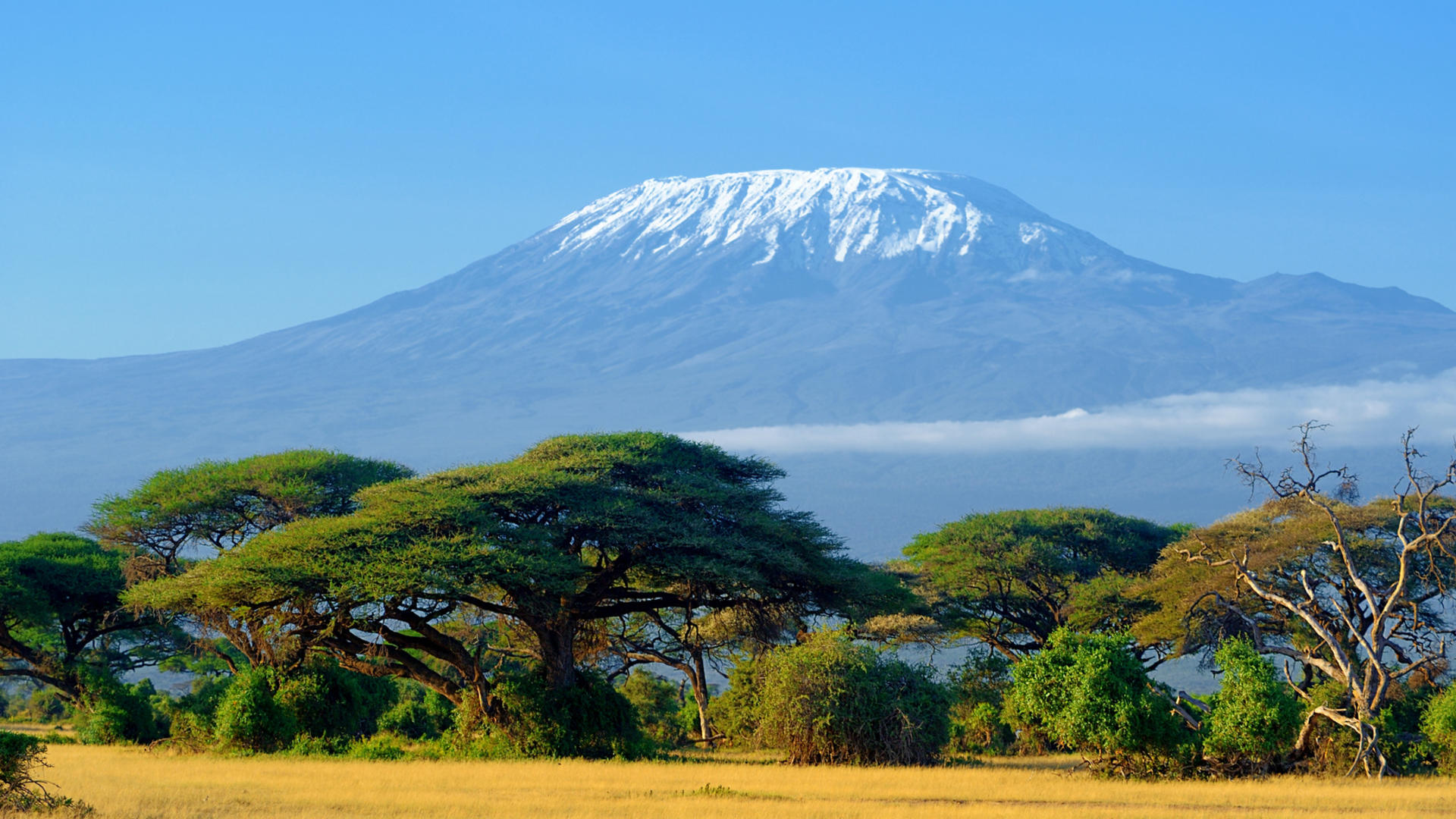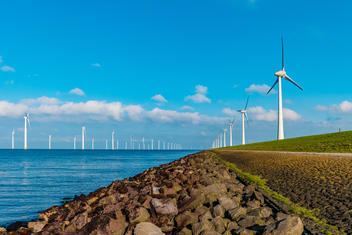Five main topics of research are prioritized: Earth system sciences, Climate change and sustainability sciences, Energy transition, Societal challenges of environmental issues and Human, Animal and Environmental Health as part of a "One Health" approach.

Knowledge and monitoring of the physical, chemical, biological, ecological and social mechanisms that underpin global and regional environmental changes are needed.
They include an understanding of how these mechanisms have interacted in the past and how they are likely to evolve in the future as well as scientific assessments that are relevant to diverse contexts ranging from global to local scale.
Topics include :
- Enhanced observation of the Earth System and attribution of environmental and climate changes, including anthropogenic changes.
- Further understanding of processes, interaction scales, risks and thresholds.
- Improvement of modeling activities of complex Earth systems, data assimilation and predictability.
- Exploring future scenarios.

Critical knowledge gaps exist in ways of addressing sustainable development challenges in the context of global and climate changes. This includes meeting basic needs for a growing human population in a stressed ecosystem and how societies may address global environmental and sustainability challenges.
These transformative changes are many-sided; they are related to human health and well-being, demography, economics strategies and their associations with sustainable production and consumption, urbanization, new technologies and processes, energy and governance for global sustainability in particular but not only under climate change induced stress.
Topics include :
- Meeting basic needs and overcome inequalities.
- Governing and managing sustainable development locally and globally.
- Managing growth, synergies and trade-offs.
- Exploring, understanding and evaluating transformation pathways and life cycle issues.
- Developing, implementing and promoting sustainable technologies.
- Development of recycling technologies and of green and recyclable materials.
- Understanding and evaluating global health challenges and managing health risks and equities of environmental and climate change.

The transition from fossil fuels towards innovative zero carbon energy sources, associated to carbon sequestration and usage strategies, appear as the current solutions to diminish the Global Greenhouse Gas Emissions. Zero carbon energy sources have to be made available at the right time and the right place through efficient and affordable energy storage as well as smart management and distribution systems.
Overall, the concepts associated to the flexibility of population/economic needs and consumption habits should be put in the perspective of an accelerated energy transition.
Topics include :
- Emerging innovative concepts and technologies for massive energy production, storage and distribution.
- Energy efficiency.
- Economically, environmentally and socially viable production and bioproduction of bio- sourced raw materials.
- Systemic approach of the energy transition including economic, ecologic, and social challenges, and the development and analysis of prospective scenarios.

Faced with the challenges of environmental issues, adapting our economies, accepting societies or driving change are all issues for our contemporary societies. The human and social sciences must make it possible to better understand and prepare for the implications of the changes for societies notably studied in the three previous topics. Research work in the disciplines of law, political science, economics, sociology, psychology or even philosophy, etc. is expected.

The "One Health" concept promotes an integrated, systemic approach to human, animal and ecosystem health at local, national and global scales. This approach provides a better understanding of the causes and consequences of the functioning and evolution of our societies (in terms of demographics, mobilities, economic conditions, lifestyles, well-being and public health, etc.), global environmental changes, including climate change and the erosion of biodiversity as well as the proliferation of emerging diseases. It thus helps to guide public policies on health prevention or innovation in a diverse economic and socio-cultural context. It also aims at taking a holistic view of health, environmental management and biodiversity pressures in order to better prevent and respond to emerging diseases at pandemic risk.
For instance, the current Covid-19 pandemic, which affects human society globally, has an impact not only on the health of populations but also in socio-economic terms, with negative aspects in terms of loss of income and on the worsening of global food insecurity and malnutrition. Its causes are multiple and go beyond the scope of virology and epidemiology and its consequences go beyond the scope of public health. Such an approach also allows for the consideration of socio-economic inequalities at different spatial and temporal scales. These inequalities concern not only access to health care systems, the capacity of health care systems, but also increase the vulnerability of human and animal populations as well as ecosystems with regard to environmental changes.
In fact, it is no longer possible to talk about human and animal health without taking into account the environment in which living beings evolve. It is now clear that solutions can only be found on the basis of the results of multidisciplinary research (in animal health, human health, environmental health, as well as in the humanities and social sciences), whether at the basic research level or at the level of translational research. Giving full measure to the concept of "One Health" thus involves working on the interfaces between different sciences: human and veterinary medicine, agronomy and ecology, sociology, geography, etc.
contacts
Have a question?
For a personal response, write us at mopga@campusfrance.org. We will do our best to answer your question promptly.
Want to be kept informed of calls for proposals under the Make Our Planet Great Again initiative?
If you would like to be included on our e-mail list, send a message to infomopga@campusfrance.org. Your e-mail address will be automatically added to our distribution list.






















































